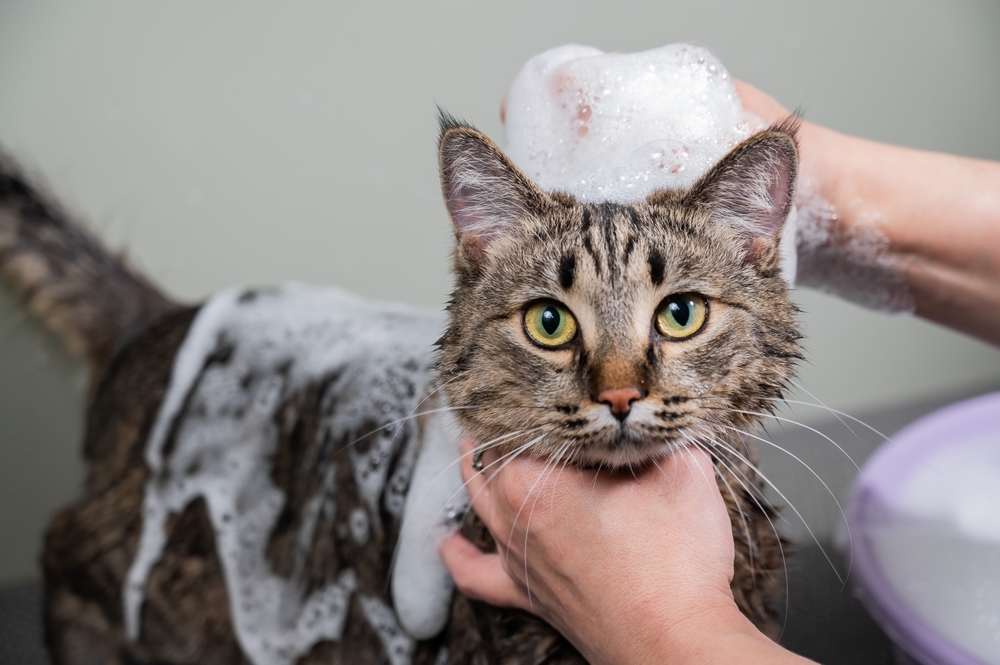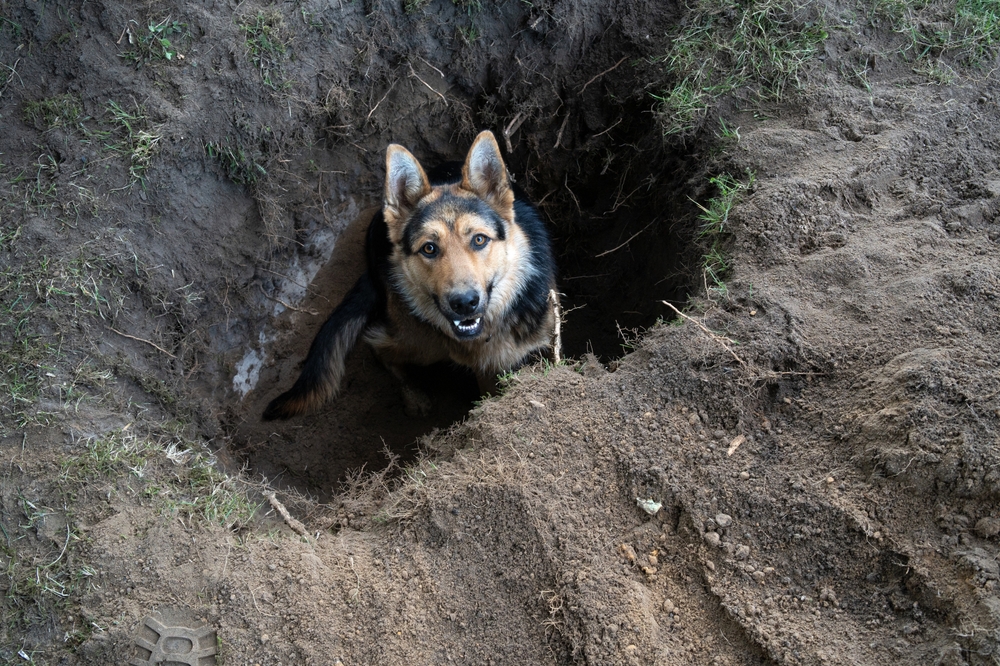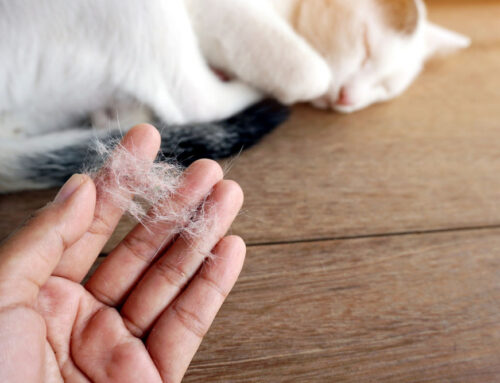Many pets love to dig, roll, and play in the dirt—their version of an all-you-can-eat buffet combined with a day at the spa. But lurking in that beloved dirt are some nasty surprises. That’s right, parasite eggs, viruses, bacteria, and fungal spores—Mother Nature’s hidden landmines. And who better to help us navigate this minefield than our knowledgeable Sixes Animal Hospital at BridgeMill team?
Identifying parasites in pets
Let’s start with the creepy crawlies. Dirt is basically a playground for parasite eggs. Have you ever heard of roundworms or hookworms? These guys are like unwanted guests at a party. They hang out in the soil, waiting for your pet to sniff, lick, or roll around. Once inside your pet’s body, parasites can cause a plethora of issues, from diarrhea to more severe illnesses.
And let’s not forget the infamous tapeworm, which can also make an appearance thanks to those delightful flea friends that reside in the dirt. Fleas can carry tapeworm larvae, and when pets ingest these fleas, they can become infected with tapeworms. So, a romp in the mud can lead to more than just a flea problem.
Understanding viral and bacterial threats to pets
Dirt isn’t just a haven for parasites. It’s also a hotspot for viruses and bacteria. Parvovirus for example, is a life-threatening dog disease and can survive in the soil for months. It’s like the zombie of the virus world—hard to kill and always lurking.
Then, we have bacteria such as Leptospira, which causes leptospirosis. This one’s a double whammy because it can infect both pets and humans. This bacterial disease thrives in moist soil and stagnant water, potentially causing severe health issues such as liver and kidney failure.
Recognizing fungal infections in pets
Fungi also live in the dirt. Fungal spores can cause infections such as Blastomyces, Histoplasma, and Cryptococcus. These aren’t just fancy words to impress your friends at parties—they’re serious infections that can affect your pet’s lungs, skin, and other organs. If your dog starts showing signs such as coughing, fever, skin lesions, respiratory issues, or weight loss after a dirt-digging adventure, call our Sixes Animal Hospital at BridgeMill team. Let’s break down these infections, so you know what to look for:
- Blastomyces — Fungus found in soil, especially in areas near water. When pets inhale the spores, they can cause blastomycosis, a serious infection. Signs include coughing, fever, weight loss, and skin lesions.
- Histoplasma — Fungus living in soil enriched with bird or bat droppings. Pets can inhale the spores, leading to histoplasmosis, which affects the lungs and can spread to other organs. Signs include coughing, fever, and appetite loss. Keep pets away from areas with high bird or bat activity to reduce the risk.
- Cryptococcus — Fungus found in soil and pigeon droppings. Inhaling its spores can cause cryptococcosis, a disease that primarily affects the respiratory system but can also spread to the nervous system. Signs include nasal discharge, sneezing, and difficulty breathing.
Preventing dirt-related diseases in pets

So, how can you protect your pets from these hidden dangers in the dirt? Here are some tips to reduce their risk:
- Regular vet visits and fecal testing — Keep up with regular checkups and annual fecal tests to catch and treat infections early.
- Clean living space — Keep your yard clean and free of animal waste to reduce your pet’s risk of ingesting parasite eggs.
- Avoid stagnant water — Steer clear of letting your pets play in stagnant water or very moist soil.
- Flea control — Use effective year-round flea control products to prevent tapeworm infestations.
- Good bathing habits — Bathe your pet after they have played outside, especially if they’ve been in the dirt and mud, to reduce the risk of parasites and infections by washing away dirt and potential contaminants.
While dirt can be a source of endless fun for your pet, it also harbors some serious threats. By understanding these dangers, you can take proactive steps to keep your furry pal safe and healthy. Give us a call at Sixes Animal Hospital at BridgeMill or schedule online to guarantee your pet gets the care they need. Your pet may love the dirt, but they’ll love being healthy even more.






Leave A Comment